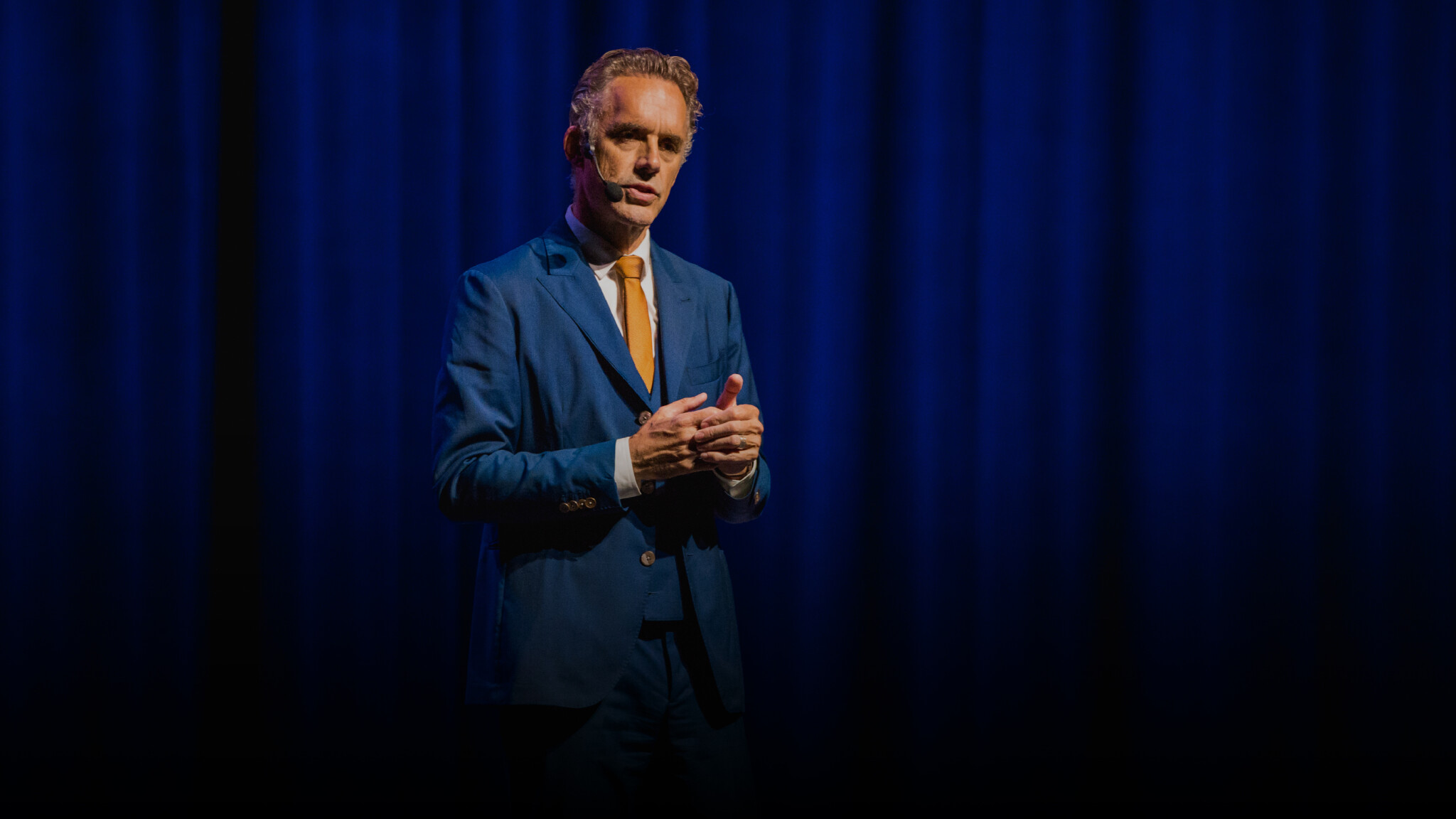In times of upheaval, I crave silence. Not endless online arguments, just presence with no explanation. Not activism, but mysticism. In a culture war built on constant display, the deepest freedom is to stay unproven. In the midst of this “holy” war, which I expect to linger into the 2030s, I require transcendence like lungs require air.
Enjoy independent, ad-free journalism - delivered to your inbox each week
I realize it’s a strange confession in an era so preoccupied with systems and structures. What steadies me most and makes me efficient in daily life is presence emanating from Christian mystical tradition: an empire not built by force, but by surrender; not held together by dogma, but by awe.
The 13th-century Swabian philosopher Berthold of Moosburg, who tried to reconcile the Greek Neoplatonist philosopher Proclus with Christianity, wrote that “God is the silence that precedes being”. Angela of Foligno, a Franciscan laywoman of the 13th century, wrote of her encounter with God as “a knowledge that unknows”, a knowing that breaks open the categories of thought.
We’re often told that we must choose between reason and spirituality. But mysticism makes no such demand. It draws from reason’s well, but it doesn’t drown in it. It values knowledge, but not as conquest. It doesn’t explain God, it approaches Him. It’s open to astonishment.
The Czech philosopher Ladislav Klíma, largely forgotten, wrote in his strange metaphysical notebooks that “God is not an idea to be grasped, but a presence to be endured.” He believed that Divine presence demands a kind of metaphysical courage, not to believe but to be silent before the Absolute.
A vision of reality that is too beautiful to be invented
I didn’t come to Christian mysticism by way of piety. I came through immense grief, during my darkest night in 2016. I explored mindfulness, depth psychology, secular Stoicism, ayahuasca, the Kabbalah, A Course In Miracles, Buddhism, and other philosophies. I also listened to voices that promised freedom by detachment to truth through deconstruction.
But it was in the anonymous, radiant texts of Christian mysticism that I began to encounter something different: not a system of control, but a vision of reality that is too beautiful to be invented. This was not a call to separate from the world, but to see it as shimmering with God. A civilization, even in its decline, can still be bright. What we call Western civilization isn’t merely a political or cultural inheritance. It’s fundamentally metaphysical.
Much of what is now labeled as Christian in the public square is kitsch or cruel. But beneath distorted spectacles is something older and wiser, to be found in cloisters, pages of the Cloud of Unknowing, the tears of Simone Weil, the final journals of Dag Hammarskjöld, and in the voice of St. John of the Cross.
Ayaan Hirsi Ali’s existential journey (a luminous and numinous Godmother; thank you for taking me under your wings) from Islam to atheism to Christianity is something to which I can relate. To lose God entirely isn’t to gain reason, but to lose the ground of reason itself.
All true healing is the undoing of the ego’s interpretation. The sharp edges of conflict, fury, and old injuries begin to dissolve, because I no longer cling to them. This isn’t passivity and definitely not relativism. It’s spiritual strength that comes from no longer fearing loss.
To see truly is to undo time
In A Course in Miracles, Christ isn’t a figure to be worshipped, but a presence to be remembered. He’s the symbol of the part of the mind that never forgot God. Christ isn’t outside of us, but the Self we forgot in our identification with the body, our history, and our roles. A higher Self. To follow Christ isn’t to adopt a religion, but to relinquish the identity built on fear.
The mystics often spoke of union with God as a moment beyond words and thought. It’s the eternal now in which the past is gone, and the future unnecessary. “Heaven is not a place or a condition. It is merely an awareness of perfect oneness.”

Jordan Peterson’s work taught me to stand up straight and face what I saw
Set your house in perfect order before you criticize the world
If A Course in Miracles taught me to forgive, Jordan Peterson’s work taught me to stand up straight and face what I saw. In a culture allergic to suffering, Peterson implores us to “Pick up your cross” precisely because life isn’t fair but one can bear it anyway. The Christian narrative becomes existential instruction. The archetype of Christ, voluntary suffering, becomes a call not to escape life, but to redeem it. The road to nobility runs straight through responsibility. Truth isn’t merely correspondence with facts, but honest speech in the face of chaos.
This belief elevates the self into sacred responsibility: you’re not a random collection of impulses, but a moral being, capable of ordering chaos, speaking truth, and sacrificing comfort for what is right.
Peterson’s rule to “Set your house in perfect order before you criticize the world” is an echo of monastic insight. Before taking on the world, it is the guidance to go into your cell and learn to govern yourself. The mystics and the monks knew this long ago.




Comments (0)
Only supporting or founding members can comment on our articles.